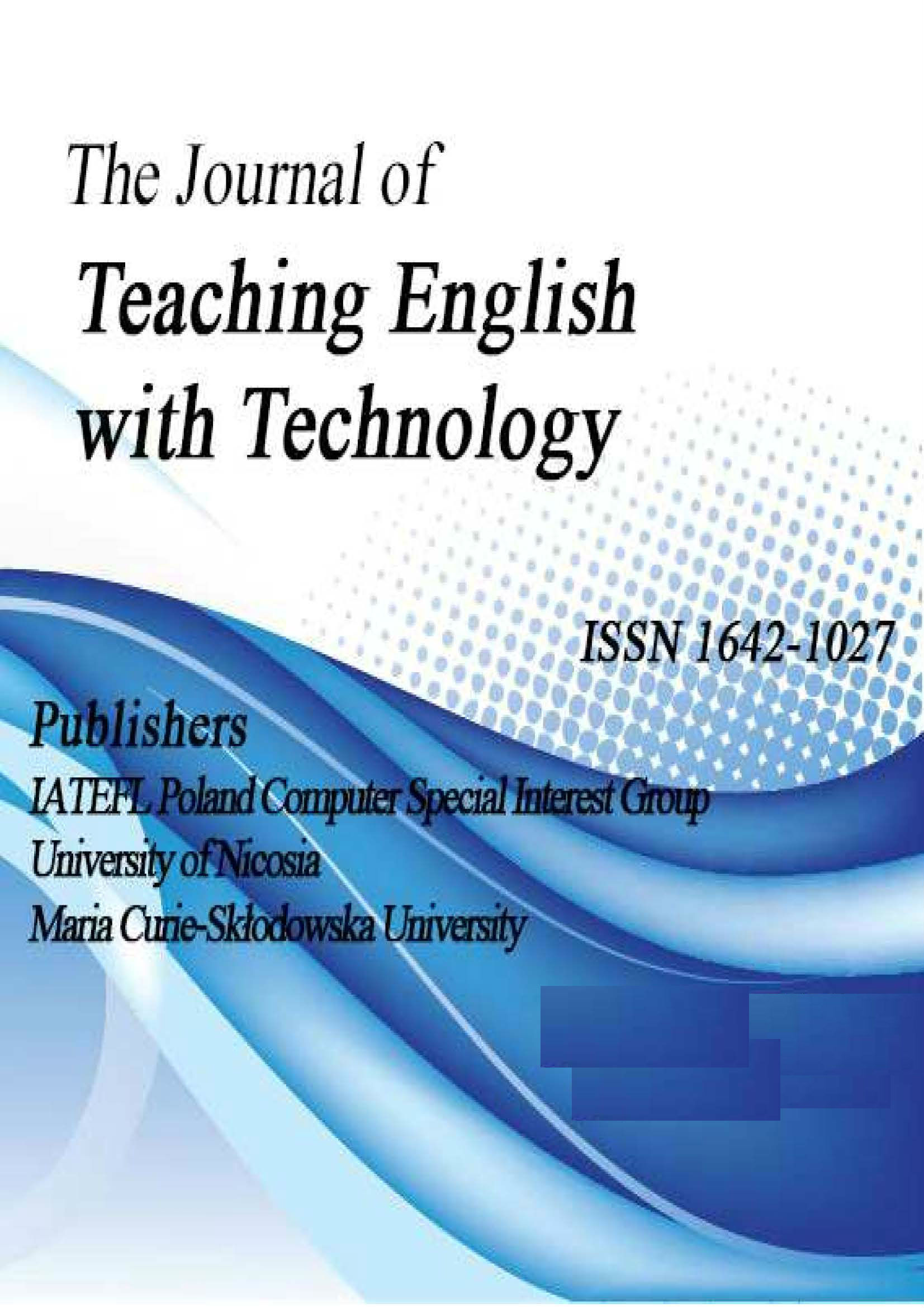TEACHER DEVELOPMENT IN THE DIGITAL AGE
TEACHER DEVELOPMENT IN THE DIGITAL AGE
Author(s): Rachida Labbas, Abir El ShabanSubject(s): Foreign languages learning
Published by: IATEFL Poland Computer Special Interest Group and The University of Nicosia
Keywords: digital education; digital immigrants; digital natives
Summary/Abstract: Within the rapid changes in communication techniques, culture, pedagogy, and developments in knowledge, it is vital that educators are familiar with new educational changes, mainly those changes which are connected to technology. Change can be accompanied by fear, and thus some teachers might resist changing (Fullan, 2006). In the digital age, some teachers might be reluctant to change because they feel they are immigrants in the digital world (Prensky, 2001). In developing countries, such as Algeria and Libya, teachers might feel more frustrated because of the digital gap in their countries and because of the digital gap with the students (Warschauer, 2003). This conceptual paper aims at exploring the main factors that inhibit teachers from change. This paper focuses on teachers from k- to college teachers in general. The rationale behind dealing with teachers in general, and not teachers of a specific discipline is to explore the way teachers in low technology areas could see their development from a digital perspective. It is also assumed that digital education is needed in all fields of education as there are already policies about the integration of technology in education (Hamdy, 2007). In the context of this paper, change is defined as switch from Mindset 1 to Mindset 2. Educators with Mindset 1 consider the digital age as an extension of the industrial world; whereas educators with Mindset 2 believe the digital age is a post-industrial era, and the changes that are happening should be approached as new.
Journal: Teaching English with Technology
- Issue Year: 13/2013
- Issue No: 3
- Page Range: 53-64
- Page Count: 12
- Language: English

